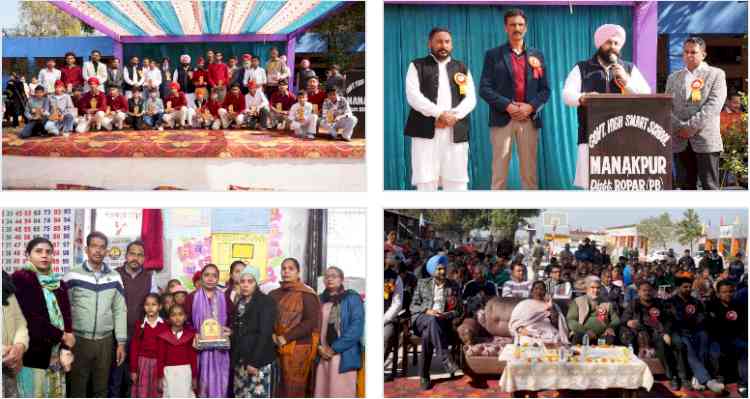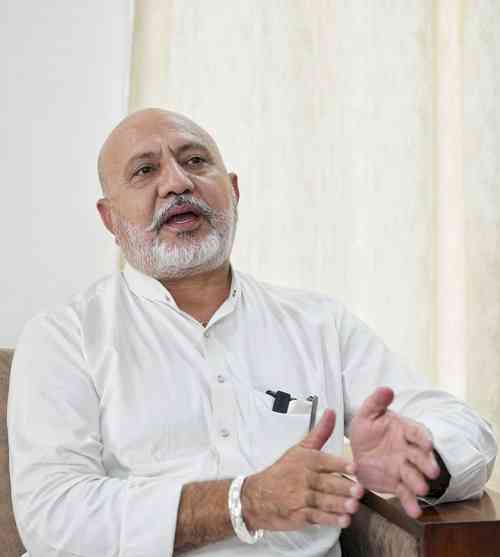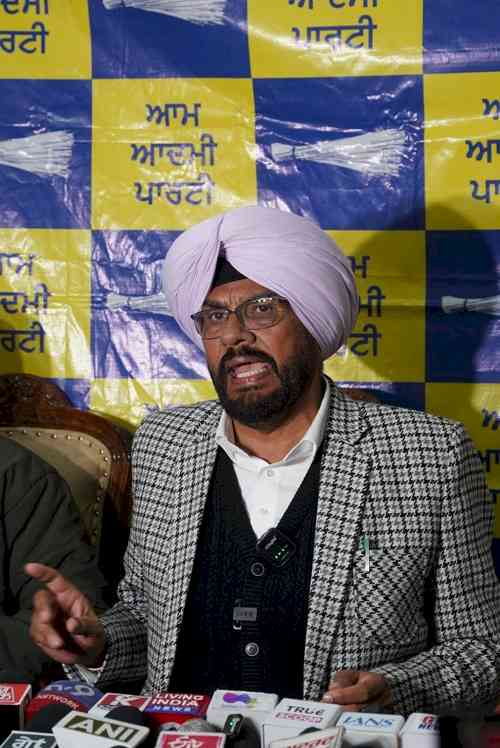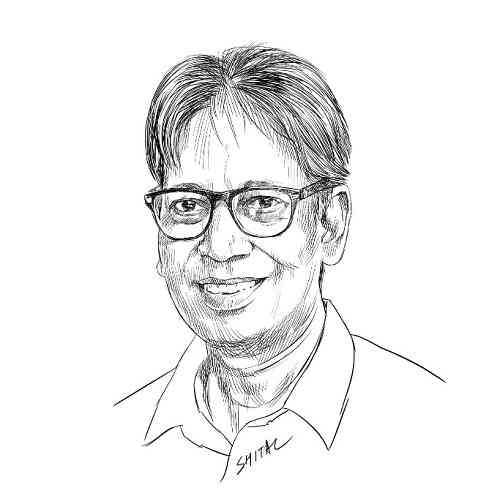Punjab Pradesh Beopar Mandal Welcomes GST Reforms Introduced by Central Government
Raises Concern Over Inverted Duty Structure
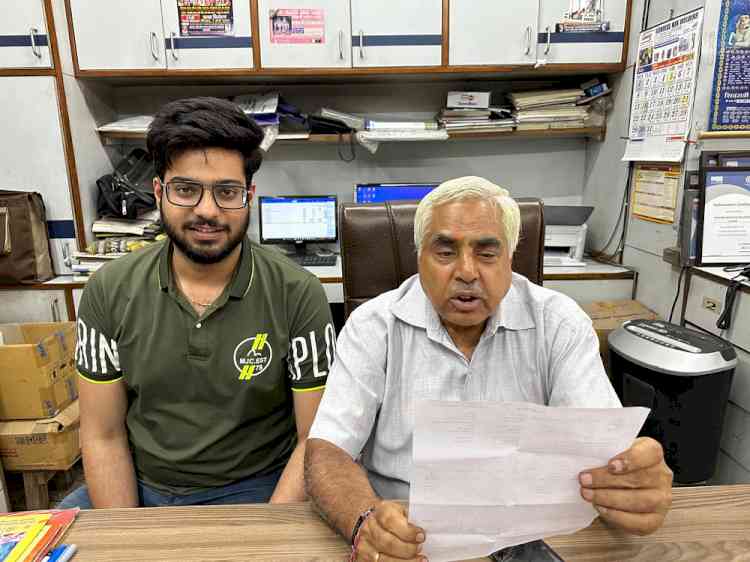
Ludhiana, September 4, 2025: The Punjab Pradesh Beopar Mandal convened a meeting today at its head office located at Mata Rani Chowk. The meeting was attended by Member, National Trader's Welfare Board (GoI) & State General Secretary Sunil Mehra, State Secretary Ayush Aggarwal, District President Parveen Goyal, District Chairman Pawan Lehar, District General Secretary Parveen Sharma, Ashwani Mahajan, and other members.
The leaders reviewed the outcomes of the recent late-night GST Council meeting, which followed Prime Minister Narendra Modi’s Independence Day announcement from the Red Fort.
Welcoming the Council’s decision to approve only two tax slabs—5% and 18%—the leaders described it as a “milestone step” for Indian trade and industry.
They noted that the prolonged slowdown in business, particularly in Punjab, caused by unfavourable government policies and deteriorating law and order, would now see significant relief. Expressing gratitude to Prime Minister Modi, the leaders said the decision would increase disposable income in people’s hands and open new avenues for economic activity. With the upcoming Navratri and Diwali festivals, markets are expected to witness strong revival.
The leaders further pointed out that despite an estimated annual revenue loss of ₹48,000 crore, the Prime Minister prioritized the interests of small and medium businesses by making raw materials more affordable. They also thanked the Prime Minister and Finance Minister for addressing the long-standing demand to reduce prices in the textile and bicycle sectors.
At the same time, they expressed concern over challenges in the bicycle industry. While output GST has been reduced to 5%, thereby easing the burden on consumers, the input tax rate remains at 18%. This has widened the inverted duty gap from 6% to 13%, creating higher working capital requirements and additional refund-related paperwork for businesses.
The leaders urged the government to introduce an automatic refund mechanism through the GST portal to save both time and money. They suggested that since the government is already charging 18% GST on garments and footwear priced above ₹2,500, the inverted duty refunds could be adjusted directly from this collection rather than imposing extra procedural burdens on traders and industry.
Highlighting Punjab’s unique challenges as a border state currently battling natural disasters and suffering from an 85% decline in industrial & Trade investments, the leaders appealed to the central government to announce a special economic package. Such a measure, they said, would enable Punjab’s traders, like its farmers, to regain self-reliance and restore economic stability.



 City Air News
City Air News 
